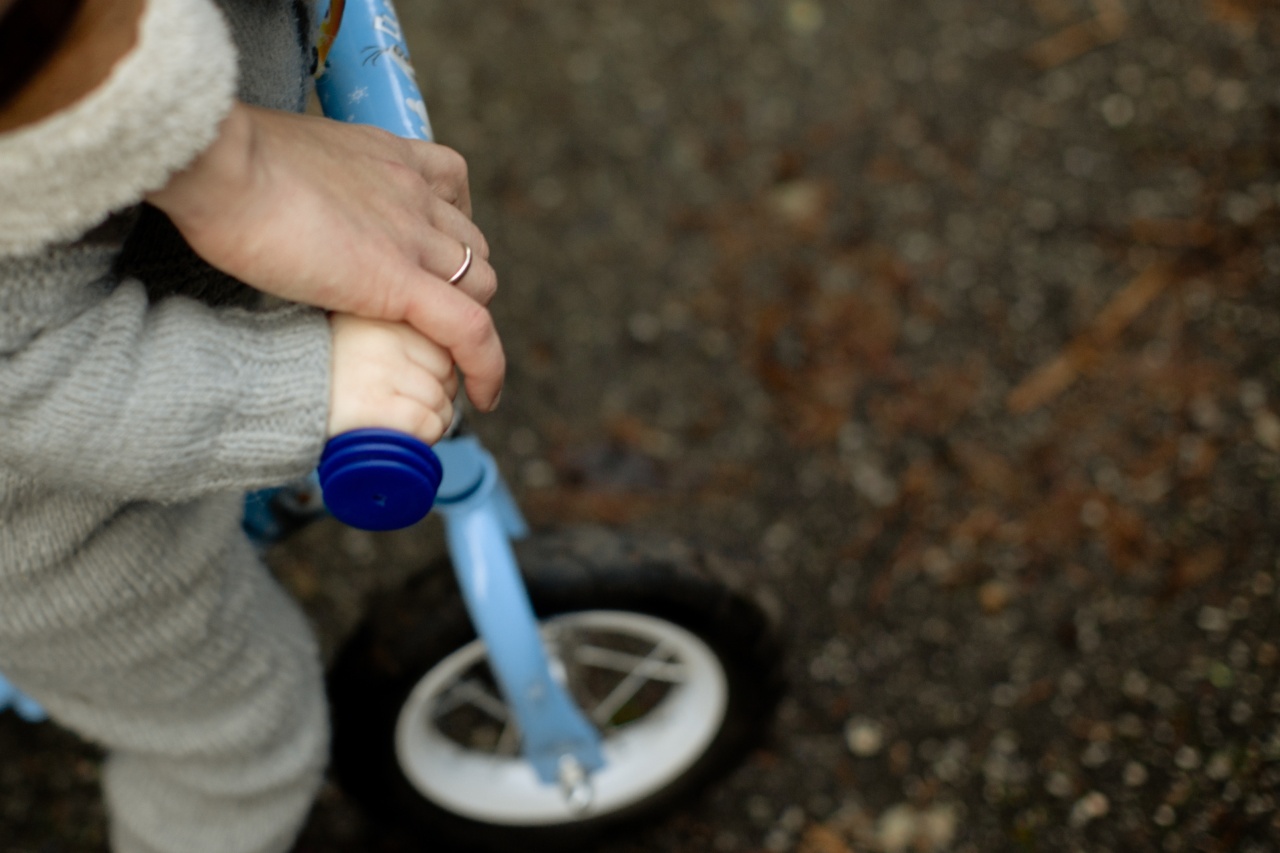Osteoporosis is a condition in which the bones become weak and brittle due to the loss of calcium and other minerals. This condition increases the risk of fractures, especially in the hips, spine, and wrists.
According to the National Osteoporosis Foundation, about 54 million Americans have osteoporosis. Genetics, age, gender, and lifestyle factors such as diet, physical activity, smoking, and alcohol consumption can increase the risk of osteoporosis. Fortunately, there are several ways to protect your bones from osteoporosis.
1. Consume Calcium and Vitamin D-Rich Foods
Calcium and vitamin D are essential nutrients that support bone health. Calcium is necessary for bone strength, and Vitamin D helps the body absorb calcium. Some foods that are high in calcium are dairy products, leafy greens, nuts, and seeds.
Vitamin D can be found in fatty fish, egg yolks, and fortified foods such as milk, orange juice, and cereal. Experts recommend consuming 1,200 milligrams of calcium and 800-1,000 international units of Vitamin D per day, depending on age and gender.
2. Perform Weight-Bearing Exercises
Weight-bearing exercises such as walking, running, dancing, and weightlifting help build and maintain bone mass. These exercises put stress on the bones, causing them to become stronger.
Experts recommend engaging in weight-bearing exercises at least three times a week for 30 minutes per session.
3. Avoid Smoking and Limit Alcohol Intake
Smoking and excessive alcohol consumption can decrease bone density, making bones more susceptible to fractures. Quitting smoking and limiting alcohol intake can help protect bones and prevent osteoporosis.
4. Get Enough Sleep
Sleep is essential for overall health, including bone health. During sleep, the body repairs and regenerates bone tissue. Adults should aim to get at least seven hours of sleep per night to maintain bone density.
5. Reduce Sodium Intake
Consuming too much sodium can increase the amount of calcium excreted in the urine, leading to a loss of bone density. Experts recommend limiting sodium intake to less than 2,300 milligrams per day.
Reducing sodium intake can help protect bones and prevent osteoporosis.
6. Take Bone-Boosting Supplements
In addition to getting nutrients from food, some people may benefit from taking supplements to support bone health. Calcium and Vitamin D supplements are available over the counter and can help fill nutrient gaps.
Consult with a healthcare provider before taking any supplements.
7. Practice Good Posture
Good posture can help prevent fractures, especially in the spine. A slouched posture can increase the risk of vertebral fractures.
Maintaining a neutral spine position while standing, sitting, and performing daily activities can help protect the spine and prevent osteoporosis.
8. Consider Hormone Replacement Therapy
Hormone replacement therapy (HRT) can be beneficial for postmenopausal women who have a high risk of osteoporosis. HRT involves taking estrogen or a combination of estrogen and progesterone to replace hormones lost during menopause.
HRT can help reduce the risk of fractures, but it also has risks and side effects. Consult with a healthcare provider to determine if HRT is right for you.
9. Avoid Falls
Falls can lead to fractures, especially in older adults. To prevent falls, take steps to make your home safer, such as removing clutter and tripping hazards, installing handrails and grab bars, and improving lighting.
Wear appropriate footwear with good traction and avoid walking on slippery surfaces.
10. Get Regular Bone Density Tests
Bone density tests can detect osteoporosis before a fracture occurs. The test measures bone density and can help determine the risk of fracture. Women over 65 and men over 70 should get a bone density test.
Younger people with a high risk of osteoporosis may also need testing. Consult with a healthcare provider to determine when and how often to get tested.
Conclusion
Osteoporosis is a common condition that can increase the risk of fractures, especially in older adults. Fortunately, there are several ways to protect your bones from osteoporosis.
Consuming Calcium and Vitamin D-rich foods, performing weight-bearing exercises, avoiding smoking and limiting alcohol intake, getting enough sleep, reducing sodium intake, taking bone-boosting supplements, practicing good posture, considering hormone replacement therapy, avoiding falls, and getting regular bone density tests can all help protect bones and prevent osteoporosis.































